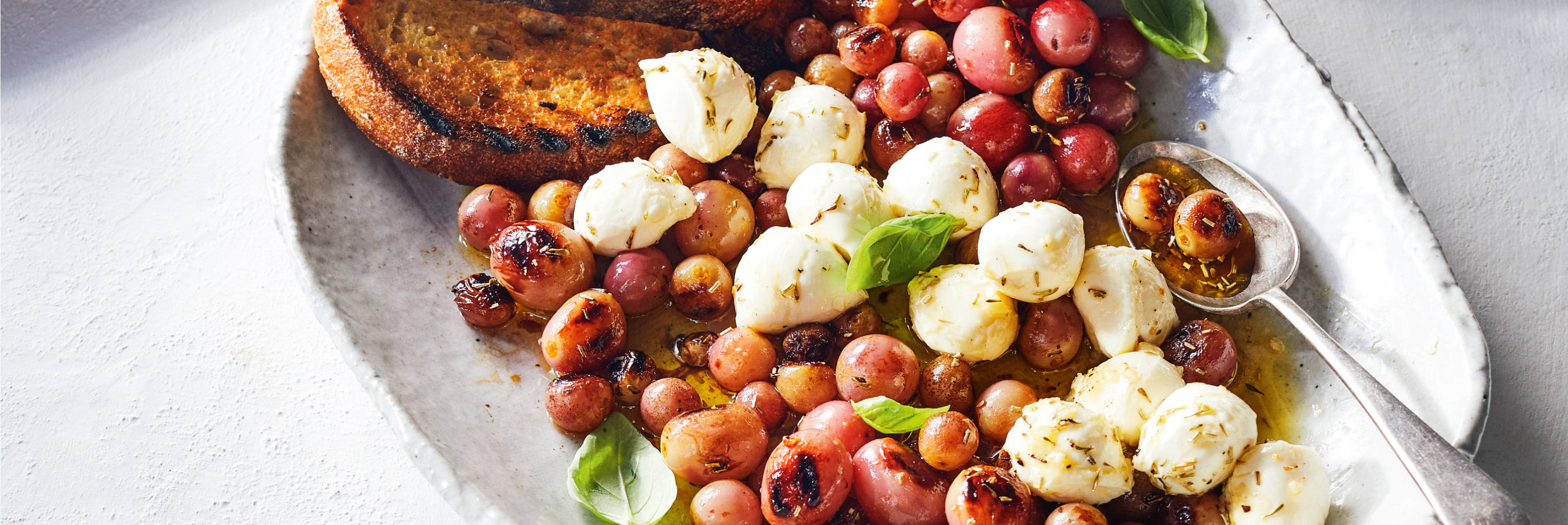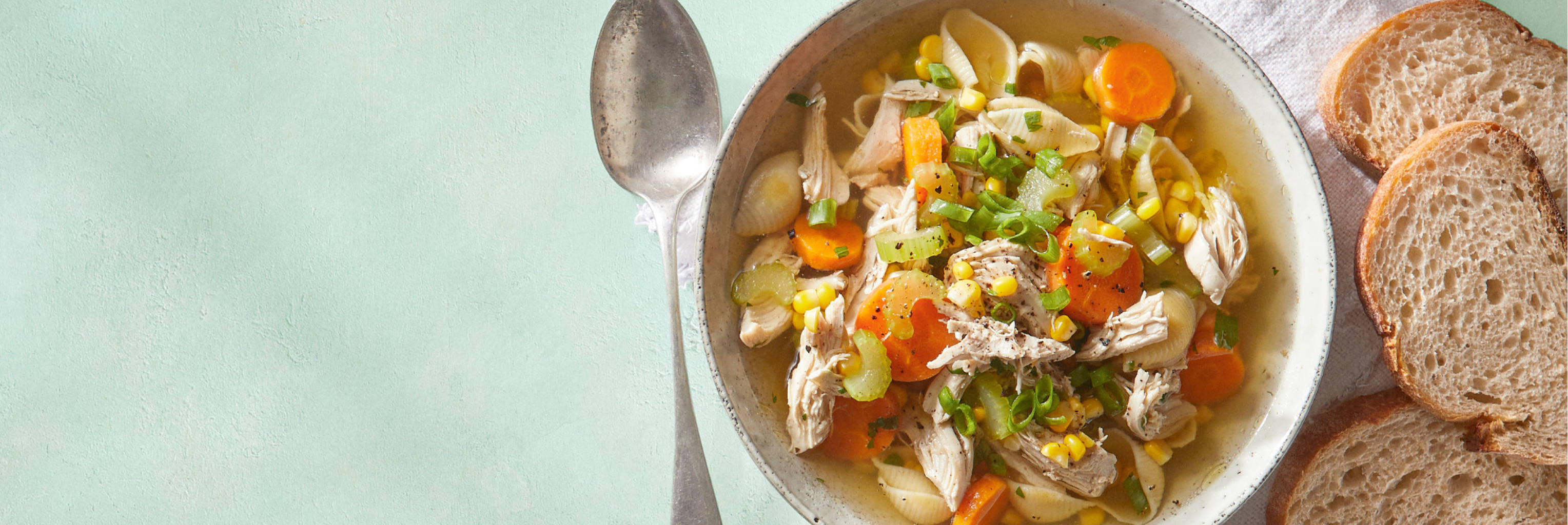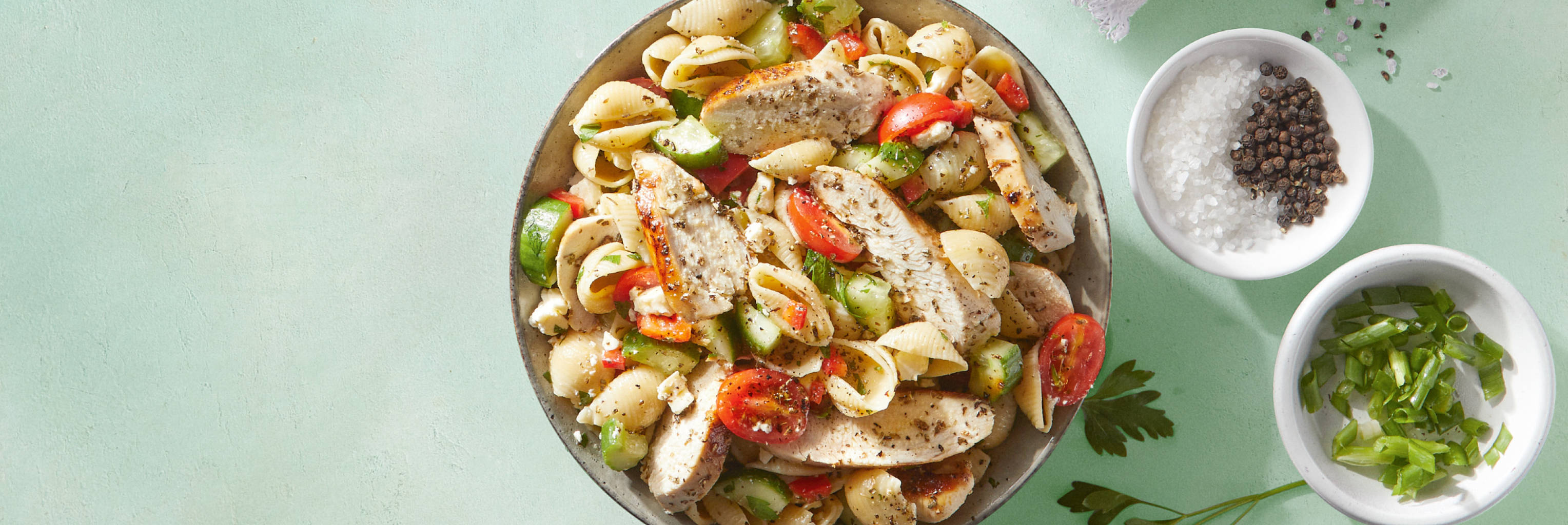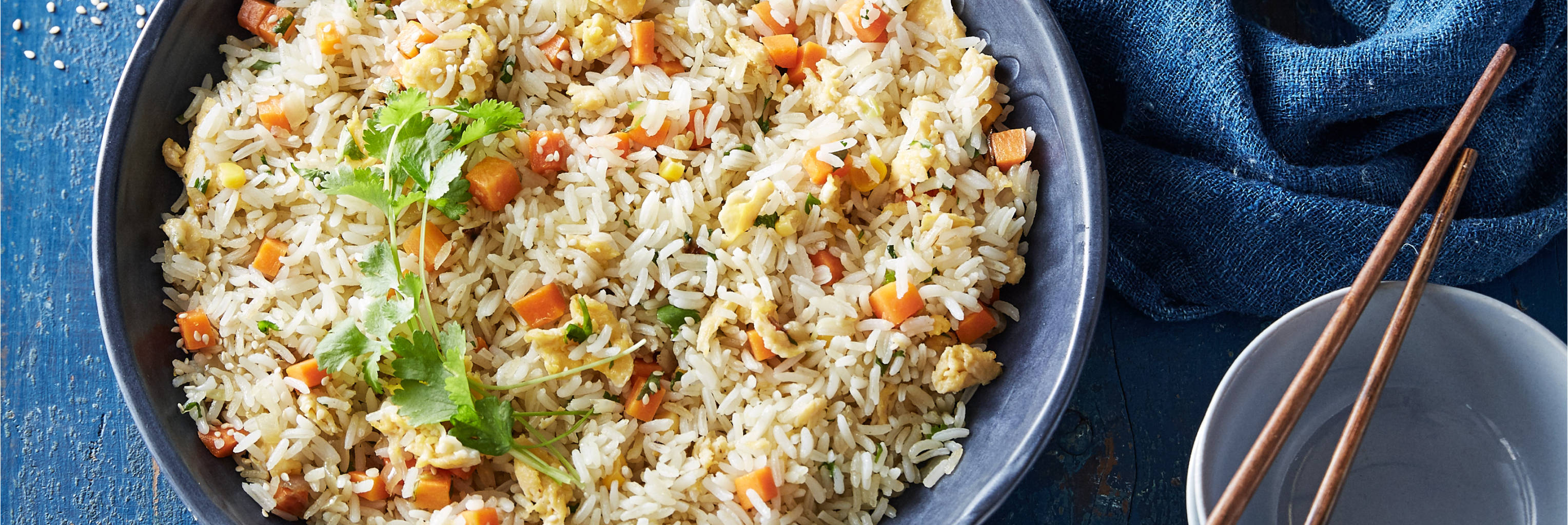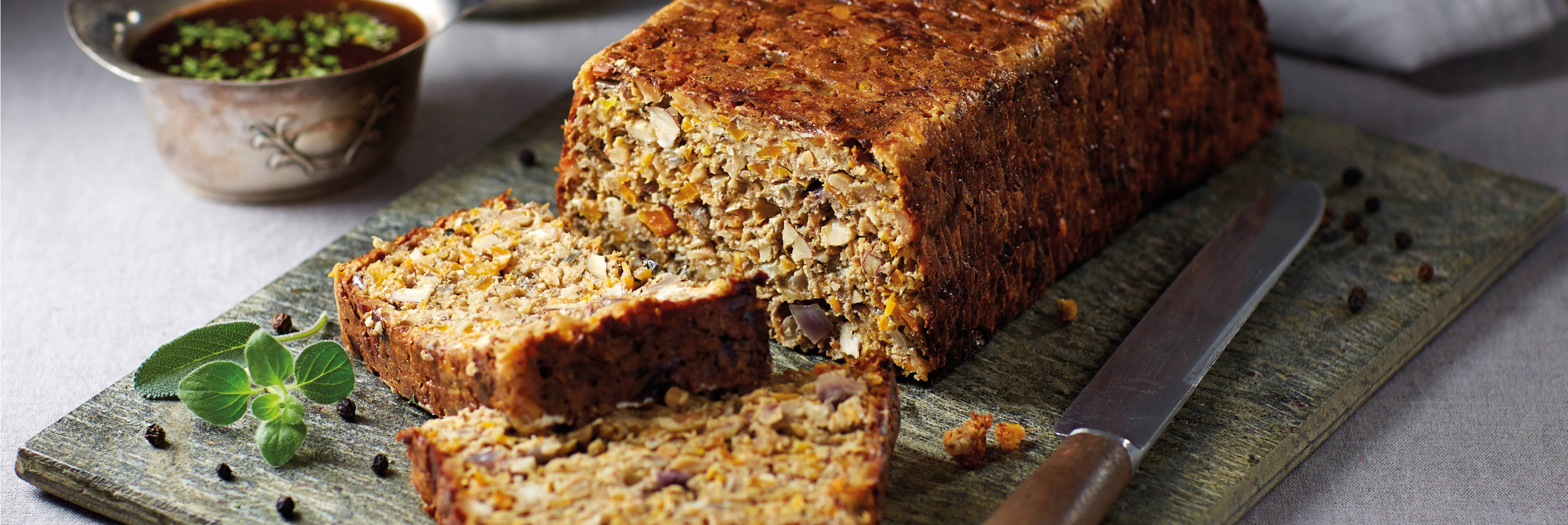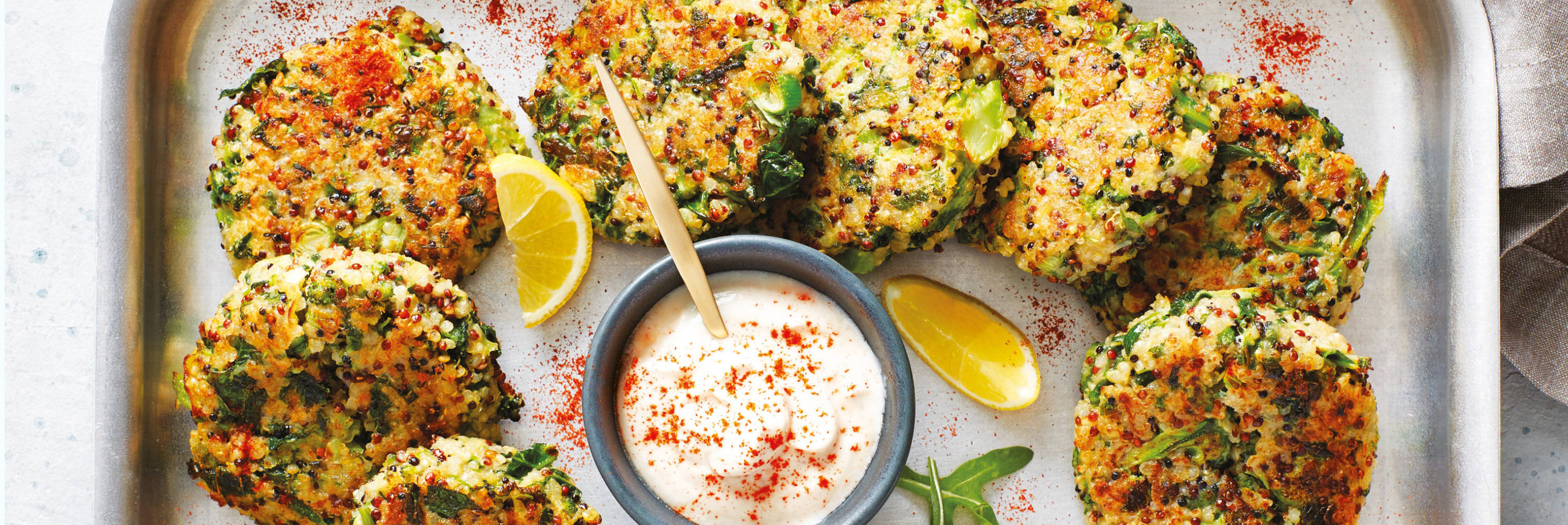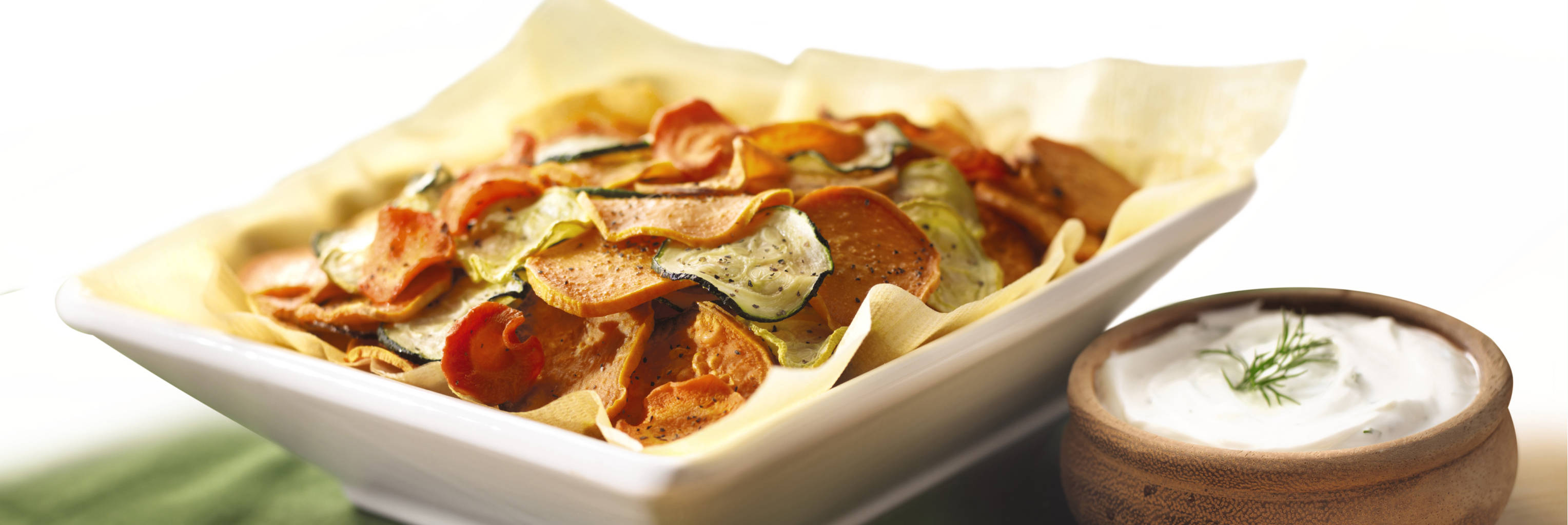Zero Waste at Home
Food waste at home
The Australian government's National Waste Policy Action Plan aims to reduce the total waste generated in Australia by 10% per person and halve the amount of organic waste sent to landfill by 2030. This waste target is attainable, but we need your help. By making a few changes to your food preparation and consumption habits at home, we can work towards creating a future with less waste.
How you can reduce waste at home
The amount of food that is wasted in Australia costs our economy $36.6 billion a year. To break that down even further, NSW EPA Love Food Hate Waste says that $965 per person is thrown in the bin each year. Minimising food waste in the home positively impacts the environment and our economy. Here are 6 easy tips you can try next time you’re making dinner.
PLAN
1. Only buy what you need
Before heading out to do the grocery shopping, check what’s already in your fridge. Then write a shopping list and stick to it. You’re less likely to buy more than you need if you have an action plan, and your bank account will look healthier for making this little change.
2. Plan your meals
Deciding in advance what you will cook for the week can save time and money while reducing the risk of food waste. Check out our recipes for some culinary inspiration.
3. Check product labels
Allow enough time to use products before its expiry date and know the difference between:
a) Use by: it’s got to go.
b) Best before: NSW Food Authority advises that best before means the food is still safe to eat after the date as long as it is not damaged, deteriorated or perished. Always check these products before you use them.
CREATE
4. Make the most of leftovers
Think like a chef and get creative with what you’ve got in your fridge and cupboards. This might mean throwing some wilted spinach into a smoothie, or grating broccoli stems into a homemade pasta sauce. The possibilities are endless once you get started with this new way of thinking.
5. Perfect your portions
Sometimes, our eyes are bigger than our tummies. Avoid serving too much, so that your meal does not end up as scraps in the bin. Where possible, share leftovers with other hungry mouths at home.
ROTATE
6. Freeze for later
Keeping leftovers in the freezer is a great way to make food go further for longer. Your future self will be very grateful next time you open the freezer door and discover that dinner is already made.
7. Consider composting
Give tired veggies a new purpose by throwing them onto the garden as a nutrient-rich fertiliser. You could also invest in a worm farm for your garden or balcony. No backyard? No problem. Find out if your council offers a food scrap collection service. Or, if your local community garden has a composting bin.
If you need a little inspiration, check out these ALDI recipes starring common leftover ingredients:


